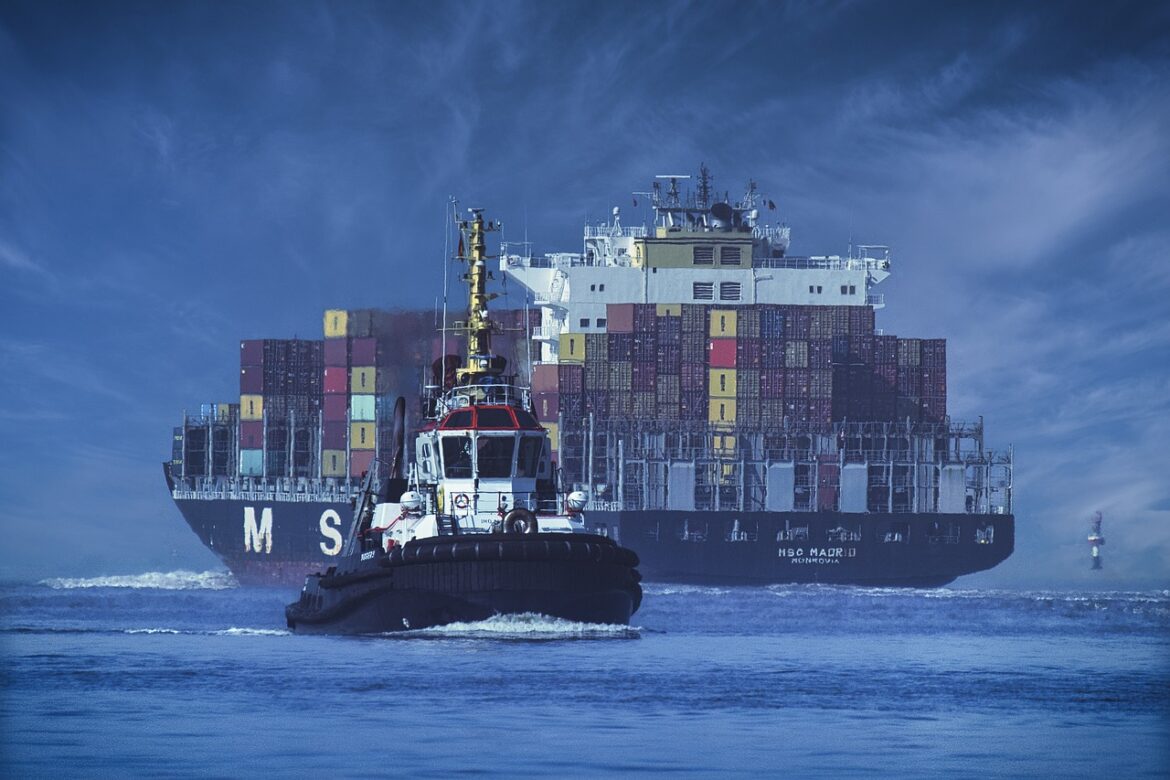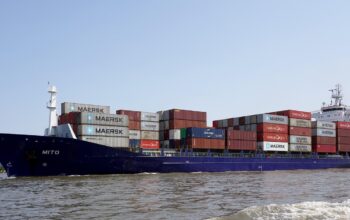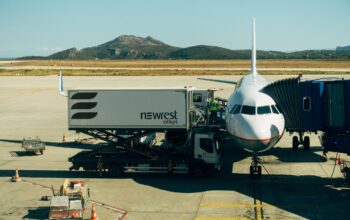Imagine a high-stakes relay race where runners keep changing the baton’s shape mid-sprint. That’s 2025’s supply chain landscape—where tariffs, AI, and cold chain logistics are rewriting the rules. Here’s what’s unfolding globally:
Cross-Border Shipping in Turmoil Tariffs are turning the U.S.-Canada trade corridor into a pressure cooker. Spot rates for Toronto-to-Chicago routes jumped 57% in February as companies raced to beat new import taxes, while blanket 25% tariffs now threaten a North American trucking squeeze. Automotive parts crossing borders multiple times? Each trip adds thousands to vehicle costs—a headache for automakers and car buyers alike.
UPS’ Billion-Dollar Bet on Temperature Control Healthcare logistics just got frostier. UPS’ $1.6 billion acquisition of Andlauer Healthcare Group signals a cold chain arms race, ensuring everything from mRNA vaccines to specialty drugs stay perfectly chilled across North America. With pandemic-era lessons fresh, carriers want to own the entire temperature-controlled lifecycle.
AI: The New Co-Pilot for Logistics Pros Logistics teams are handing spreadsheets to algorithms. AI now personalizes customer outreach (boosting responses by 28%), predicts shipping delays before storms hit, and helps warehouse robots “learn” optimal paths. Surprisingly, even smaller firms are jumping in—tools once reserved for Amazon-sized players now fit midsize budgets.
Panama Canal 2.0: Disruption Déjà Vu Remember 2023’s drought-strangled canal? Geopolitics are today’s climate change. The Russia-Ukraine war still reroutes grain shipments, while Middle East tensions make insuring cargo ships pricier. Descartes researchers found 45% of companies now treat disruption planning like fire drills—mandatory and frequent.
Blockchain Gets Serious Forget crypto—blockchain’s real value is tracing contaminated spinach batches in minutes. Walmart’s food safety playbook has gone mainstream: 57% of companies see blockchain as essential within three years. It’s not just about safety; consumers want to scan a QR code and see if their coffee beans rode a donkey up a Peruvian mountain.
References:
- https://www.supplychaindive.com
- https://www.inboundlogistics.com/articles/2025-il-market-research-whats-happening-in-supply-chain-and-logistics-technology/
- https://talkinglogistics.com/2025/04/25/above-the-fold-supply-chain-logistics-news-april-25-2025/
- https://www.ajot.com/news/its-logistics-april-supply-chain-report-uncertainties-in-global-supply-chains-could-derail-freight-market-recovery-in-2025
- https://www.foodlogistics.com/transportation/3pl-4pl/news/22939395/its-logistics-uncertainties-in-global-supply-chains-could-derail-freight-market-recovery-in-2025
- https://logisticsviewpoints.com/2025/04/24/navigating-global-trade-challenges-in-2025-its-not-just-about-tariffs/
- https://ignitevisibility.com/digital-marketing-news/
- https://www.supplychain247.com/article/top_5_supply_chain_visibility_trends_for_2025_embracing_transparency_and_traceability



